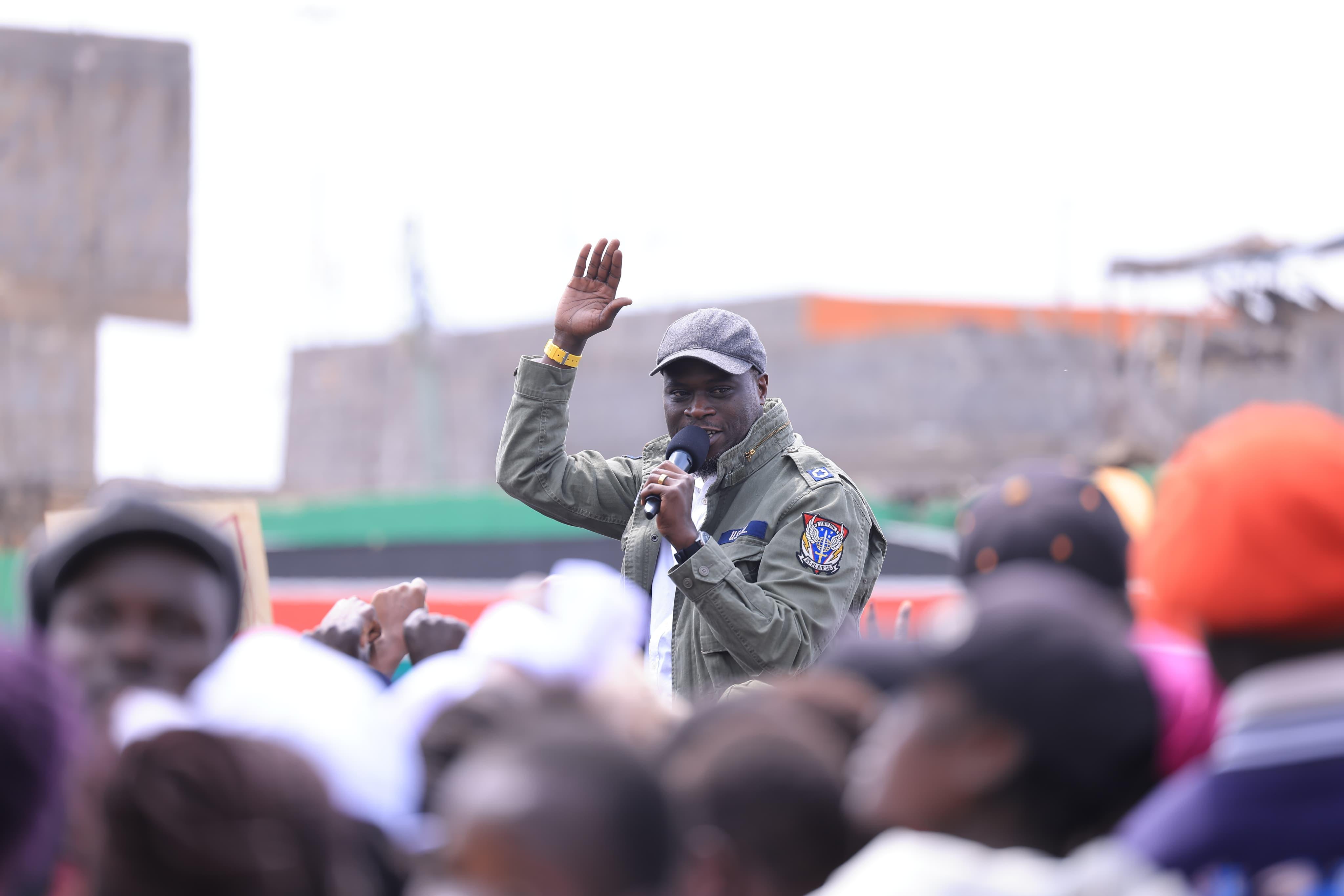
Nairobi Governor Johnson Sakaja has announced that 2,452 out of 3,000 members of the
county’s Green Army will be confirmed as permanent and pensionable staff.
The announcement came on Wednesday
during the official commissioning of the Savanna-Stage 17 Bridge in Soweto,
Embakasi.
Addressing the gathering, Sakaja praised the
Green Army for their service and dedication in keeping Nairobi clean and
livable.
“The 2,000 Green Army members whose two-year
contracts have expired will be confirmed as permanent and pensionable staff
within the next two weeks,” said the Governor.
“This decision is in recognition of
their commendable work in maintaining cleanliness across the city.”
The Green Army is a citywide sanitation and
beautification workforce established to clean public spaces and restore river
ecosystems, among other environmental roles.
Members have been working under contract since the programme was launched.
According to Sakaja, the remaining workers
under the Green Army programme will continue to serve on contract to reinforce
the city’s ongoing sanitation efforts.
He said the confirmations are part of a broader plan to improve public
service delivery while also creating long-term employment for youth.
“This is about dignity. We are not only
creating jobs but also building a healthier and more dignified city for all
Nairobians,” he added.
Nairobi County Executive Committee (CEC)
Member for Green Nairobi, Maureen Njeri, confirmed that the confirmation
process is already underway.
“The names of the 2,000 workers have been
submitted to the County Public Service Board,” Njeri said.
“They will undergo verification and
present the necessary documentation before being officially enrolled as
permanent county employees.”
She also revealed that the county has
long-term plans to restructure sanitation services through the formation of an
independent entity.
“This is a major step forward. Once the
processes are completed, these workers will eventually transition into the
Green Nairobi Company, an autonomous body that will manage city cleanliness in
a more structured and professional way,” she explained.
Njeri noted that the Green Army has employed
more than 3,500 young people in Nairobi over the past two and a half years.
The programme, she said, has provided not just employment, but also helped
transform the city’s sanitation and public space management.
“The Green Army has changed how we manage our
environment—from garbage collection and river restoration to tree planting and
street cleaning,” she said. “Their contribution has been immense.”
The Green Army’s responsibilities include
sweeping streets, cleaning public spaces, restoring rivers, collecting garbage,
planting trees, and beautification initiatives across the county.
They also help maintain the city’s final waste disposal site and support
major clean-up exercises within the Central Business District (CBD) and
surrounding estates.
Governor Sakaja said the initiative aligns
with his administration’s goal of improving both livelihoods and the urban
environment.
“Nairobi cannot be a world-class city without
clean streets, green spaces, and empowered youth,” he said. “That’s the
direction we’re heading.”











